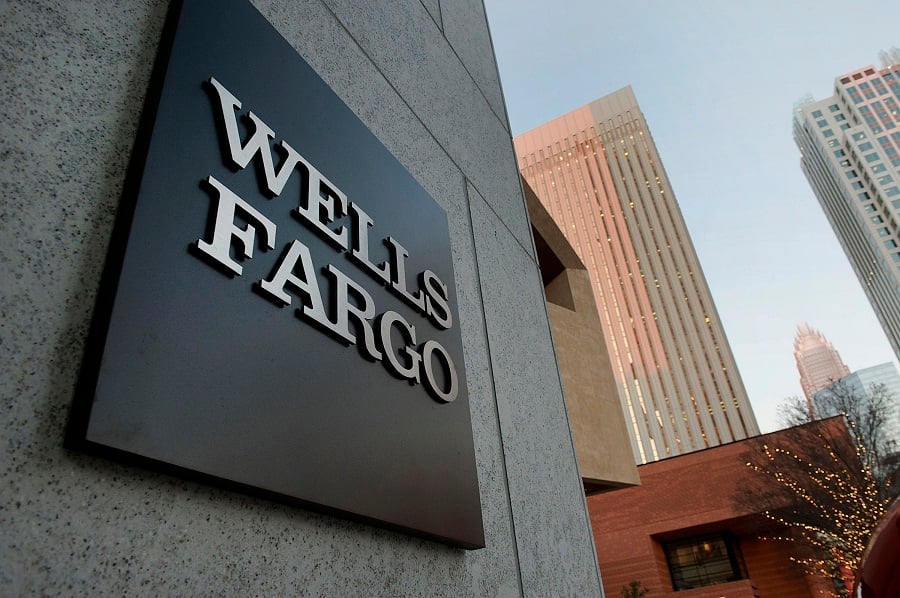The
wave of zero-fee trading kept coming Tuesday with Wells Fargo Advisors dropping commissions on stocks and ETFs from WellsTrade, its self-directed trading platform.
The move comes one day after
Bank of America announced it would eliminate commissions from its trading app, Merrill Edge.
While the "domino effect"
started by Charles Schwab in October played a role in Wells Fargo's decision, Joe Nadreau, Wells Fargo Advisors' head of independent brokerage and platform services, said the firm was already moving in this direction. The bank has another offering with free trades, and commissions on WellsTrade were down to $2.99.
[Recommended Video: Will the Race to Zero drag other services to zero as well?]
"It's not a big leap for us," Mr. Nadreau said, adding the firm just wanted to make sure it had "all its ducks in a row" before making the move final.
In its recent earnings report, Wells Fargo reported income of $2.3 billion from "brokerage advisory, commissions and other fees." While the firm wouldn't specify how much of that consists of commissions from self-directed online trades, Mr. Nadreau said it's a single-digit percentage with small overall impact to Wells Fargo Advisors.
"We're giving up revenue from a component of the business that has been in a continued free-fall decline for a decade and replacing it with planning, advice offerings and lending where appropriate," he said. "I think if you do that correctly, it will more than offset the limited revenue given up."
WellsTrade will still charge commissions to trade options and penny stocks. Mr. Nadreau said this decision was intentional to avoid incentivizing do-it-yourself investors from playing with investments that may be too advanced.
The move also won't impact trading costs associated with Wells Fargo Advisor's platform for financial advisers. Mr. Nadreau hopes this further encourages advisers to build portfolios grounded in achieving financial goals rather than transactions.
"More and more money is managed money, and more and more of a relationship is not based on the adviser's ability to pick stocks better than the guy or girl next to him," Mr. Nadreau said. "We really focused on driving more of a planning-oriented culture than a trading culture."







